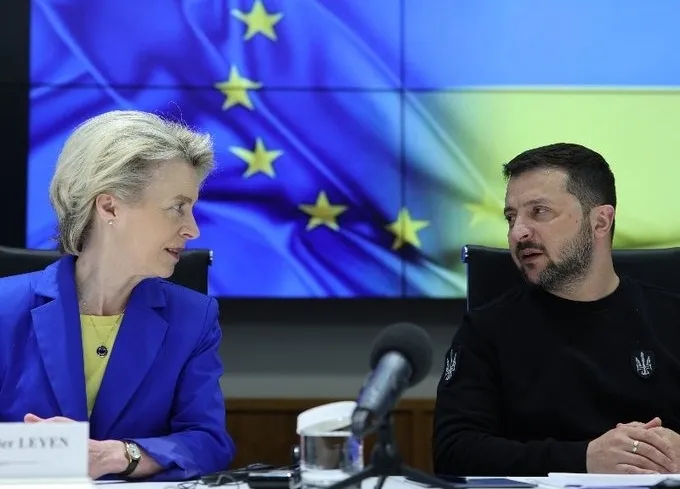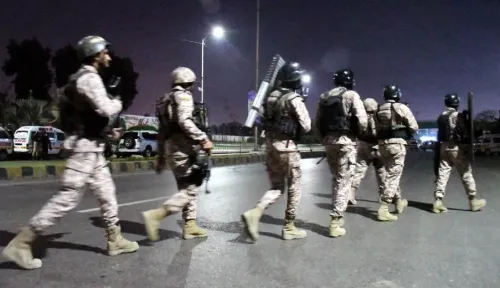Italian Expert: Ukraine Conflict Strains EU-US Relations

Synopsis
Key Takeaways
- Trans-Atlantic relations are at a historic low.
- EU's influence in the Russia-Ukraine conflict is waning.
- Absence of a unified EU foreign policy is evident.
- Geopolitical perceptions differ between Europe and the US.
- Europe needs to enhance its diplomatic capabilities.
Rome, March 25 (NationPress) The recent US-mediated Russia-Ukraine discussions have revealed deepening rifts between Washington and Brussels, marking a historic low in trans-Atlantic relations, according to an Italian geopolitical analyst.
Sergio Fabbrini, a political science professor at LUISS University in Rome, informed Xinhua news agency that the exclusion of Europe from these discussions highlights the EU's diminishing role in addressing the Russia-Ukraine crisis, largely due to the bloc's absence of a cohesive foreign policy.
"This situation exposes the structural weakness of the European Union," he stated during a conference at the university on Monday. "With no central authority representing all member states, the EU finds it difficult to make its presence felt on the international stage, especially when the US opts to act independently."
This institutional disarray, as he noted, coincides with the critical perspective held by former US President Donald Trump’s administration regarding the EU. The US president has often described the EU as "an organization that undermines American interests rather than enhances global security."
Fabbrini underscored the fundamental differences in the way both parties view the Ukraine situation. "For Europe, this represents an immediate security threat at our doorstep. For Washington, it’s a matter of geopolitical strategy concerning major powers," he remarked.
The professor cautioned that current tensions signify "one of the most significant crises in trans-Atlantic relations," urging Europe to cultivate a more autonomous diplomatic approach.
"The geographical realities compel Europe to assume greater responsibility for its own security framework while balancing national interests with collective European stability," he stated.
Simultaneously, a new set of US-Ukraine discussions commenced on Tuesday in Riyadh, Saudi Arabia, as reported by local media Al Arabiya News, citing a Ukrainian official.
These discussions followed US-Russia negotiations held on Monday about a ceasefire proposal between Kyiv and Moscow.
The distinct US-Russia and US-Ukraine negotiations focused on technical aspects, including the safeguarding of energy facilities and critical infrastructure, the situation of separated Ukrainian children, and a partial ceasefire.
The US delegation discussed aspects of the Black Sea ceasefire and proposed a halt to strikes on energy infrastructure for 30 days with the Russian and Ukrainian delegations in Riyadh, as reported by Bloomberg on Tuesday.









